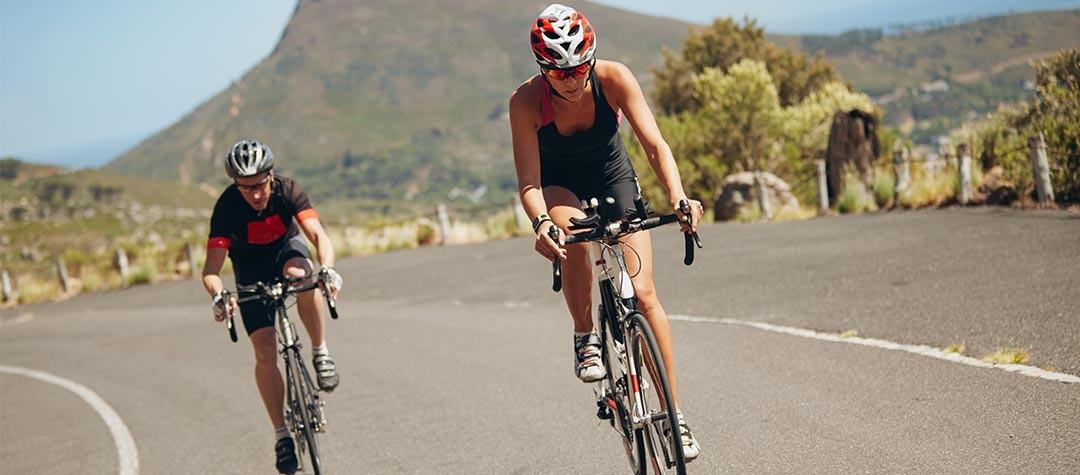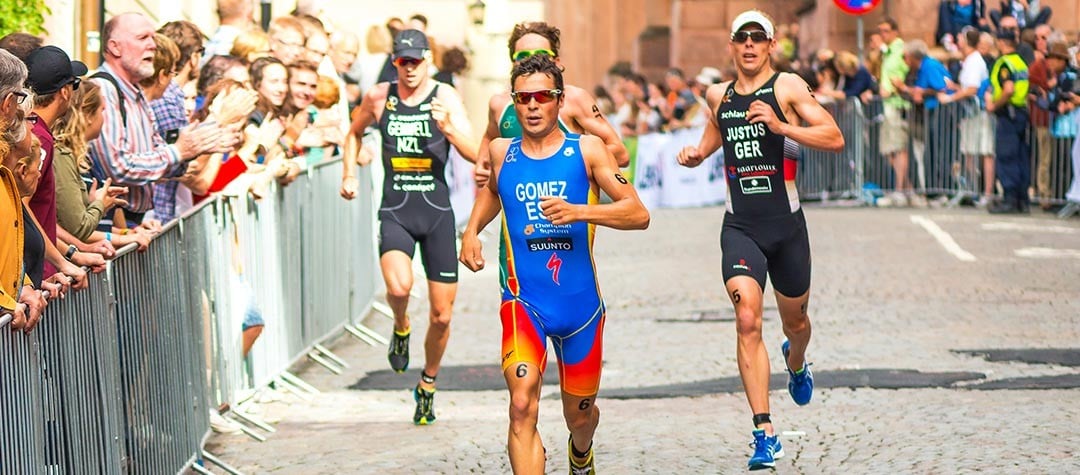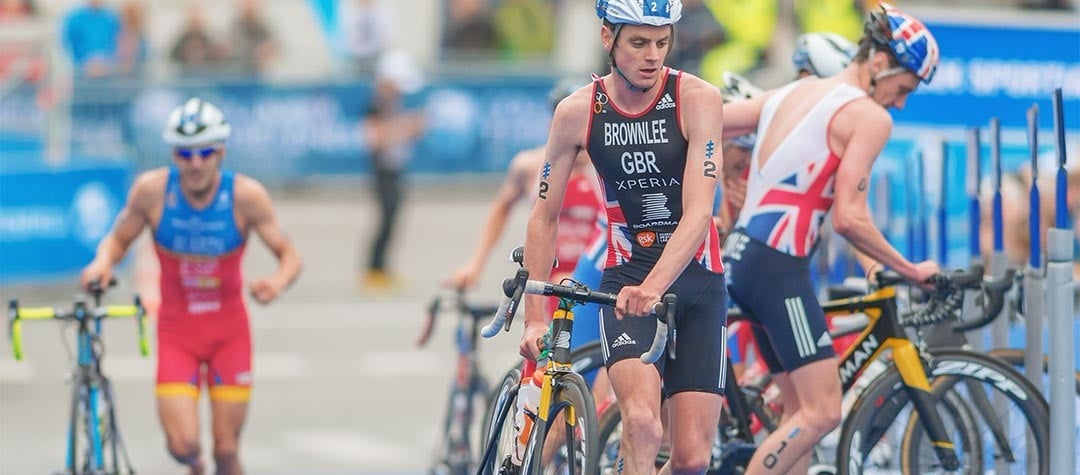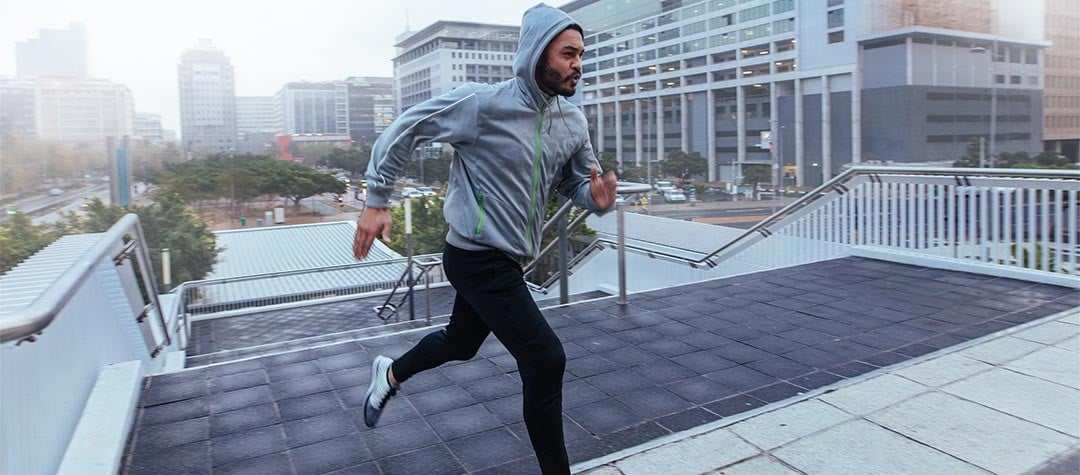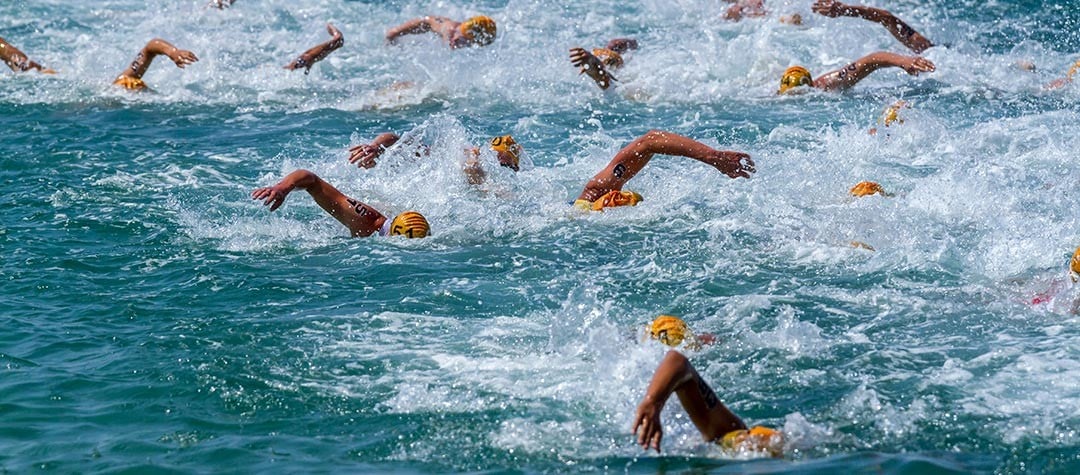How to ease down on training as your triathlon race day approaches.
When you spend so much time preparing for an event, you owe it to your performance to get the taper right. Tapering refers to reducing your training and putting in various pick-ups to bring your freshness back in time for the big day.
So long as you put in some good work before you start this phase, it’s the nicest part of your training. You’re not doing as much work, you should feel better than normal in training and you have a race to get excited about.
When to taper
A long taper for the biggest race of the year would start from around 10 days out but in my opinion you have to have done a heap of hard training and be very fatigued for a 10 day taper to be useful. More than likely most people will be better suited to a week’s taper because otherwise you’re losing the opportunity to train for the event and you could end up getting to the start line stale and underdone.
In my opinion you have to have done a heap of hard training and be very fatigued for a 10 day taper to be useful.
Usually people train almost as hard as they can right up to the week before the race, so at this point it’s normal to be feeling really tired and be hanging for some rest. Then it’s super compensation time which is the best thing ever. It means that you’ll get fitter by resting more! In fact you’ll get to the race start fitter than you were when you backed off training a week ago!
How much to taper
In a taper you’ll traditionally aim to cut the volume down to about half, taking out any maximal sessions and substituting them for relatively short efforts to keep the body firing as well as retaining the feeling of being able to go fast. At some point I’d advise taking a full rest day to be completely sure that you’ve got any fatigue out of the system. The days before the race should be perhaps more like a third of what you’d usually do and done mainly just for feeling.
Athletes will see taper training in many different ways and it’s really largely individual to the athlete. I know very good athletes who will go into shutdown mode and by their standards do barely any training. You can’t help but wonder how they’re not completely asleep on the start line but obviously it works for them as they definitely haven’t wasted any energy that week!
The main rule is you have to have confidence in what you’re doing and you have to do whatever works best for you...
On the other hand I’ve trained with an Olympic champion who trains fairly long right up to the event. You’ll never win an argument with the athletes on either side of this debate, but the main rule is you have to have confidence in what you’re doing and you have to do whatever works best for you to be standing on the start line feeling fast and fresh.
I suspect that around 95% of you reading this will probably have a full time job so in this case I’d advise keeping an eye on where your body is at. Training combined with long days at work can take its toll on the body and leave you a bit unsure of where you’re at.
Figure out how tired you actually are and what you need to do to be fast in the race. That could be taking the extra rest of a long taper or it could mean waking your body up with some hard training because you’ve not been able to do a lot before your race.
Off, on, off taper
One style of taper that I love which can really work wonders is the off, on, off taper. After a period of hard training, 10 days out from the race take some very easy recovery for 3 days to just freshen up.
The trick is then to come back again to some decent long and hard aerobic training days which will make you feel like you’ve woken the body up. It will also boost your confidence and top up your form before returning to a low volume taper again to rest up for the big day.
This way you can be sure to be fresh because you took the recovery but your body also feels alive and ready to go! Some of my best races have been really against the grain because I’ve trained very, very hard right up to the event with just two days recovery so I feel as though I should be tired but I’m not.
If I think back though to what I’ve done, two weeks before I went on the training camp, I took a decent rest which of course freshened me up completely so I’m not only fresh for the race but I’ve got a great feeling in the legs from the training camp.
This might all seem a bit random which to be honest it is. The reality is that it’s a big puzzle. There isn’t a right or wrong answer and you have to figure it out for yourself. What works for one person might not work for everyone.
You have to believe in what you’re doing and go with how your body feels. Whatever you do I recommend noting it down and experimenting and adapting it along the way to come up with the perfect taper for you. Then when you‘ve found that, make sure you do it every time.

